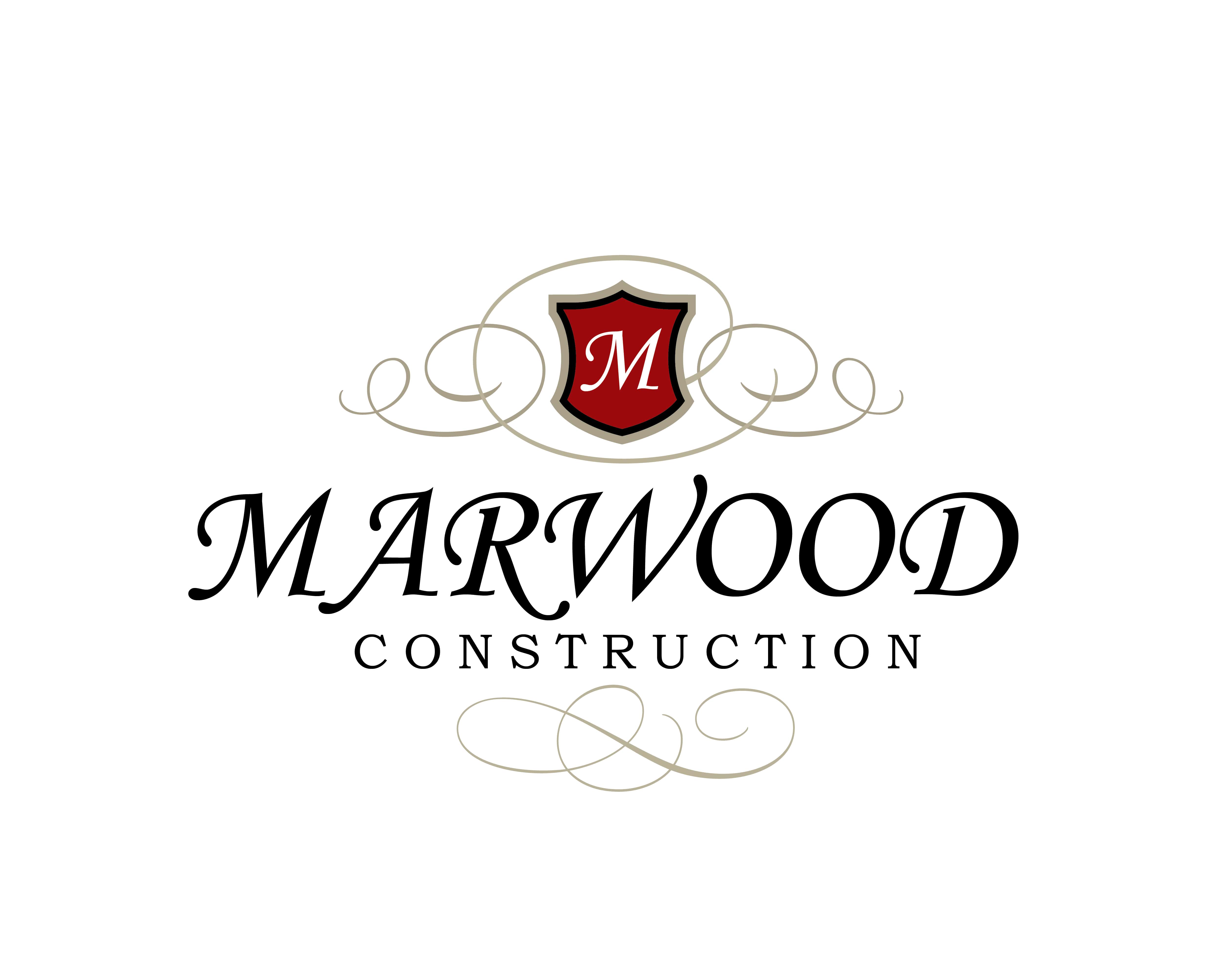How to Become a Good Real Estate Investment Sponsor
Even the most attractive construction real estate investment can experience volatile performance. Preparing and dealing with systemic and non systemic investment risk presents enough concerns for investors. Investors want more than anything to mitigate the risk associated with the real estate investments. One of the principle methods at reducing real estate investment risk is to effectively evaluate the investment sponsor. We will review the most desirable character attributes and best practices that distinguishes marginal performing sponsors from high level performing sponsors. One of the most important questions investors must ask themselves is; Is the sponsors interest aligned with the investors?
Role of the Sponsor
The principle role of a joint venture or private fund sponsor is to provide transparent leadership in indentifying, securing and operationally developing profitable opportunities for the stakeholders. The investment sponsor has a fiduciary duty to the investors by defining and sharing the foreseeable risk associated with an investment.
The process begins with locating properties that meet the investment criteria of the private fund or partners. This is achieved through investment offering documents such as a , financial proforma’s and private placement memorandums. Once the subscriptions are filled or the invest joint venture agreement is executed, the sponsor will get a property under contract. The sponsor is responsible for securing the property into escrow, developing the due diligence research & documents and arranging the required capital to complete the transaction.
Once the property has closed escrow, the sponsor is responsible for the management of the operations of the fund or venture, construction operations, the financial affairs & reporting duties and the marketing & sales of the finished product. These functions can be achieved through outsourcing them to third party professionals or employees of the sponsor.
The sponsor is also responsible for carrying out the terms of the venture or fund and making the appropriate capital distributions as required at the completion of the project. In the case of a joint venture, the sponsor will wind down the investment entity at the completion of the sale and taxes of the project. In the case of a private fund, the sponsor will roll the funds into the next project until the expiration of the fund matures.
Sponsor’s Past Experience and Performance
Since the sponsor is typically the last word on management of the venture / fund’s capital it is essential that the stakeholders develop a comfort level with the sponsors ability and can instinctively trust that he is acting in the best interest of the entity stakeholders.
Investors should always conduct their own due diligence of the sponsor and the proposed fund or venture. This begins with the investors obtaining a good understanding of the sponsors experience both qualitatively and quantitatively. Determining the sponsors background, project experience and performance results will provide the investor with a solid foundation.
Developing carefully thought through questions about difficult situations in past projects will assist the investor in getting a gut check moment of the like minded thinking of the sponsor in resolving important issues as they develop. Asking in depth questions about past projects failures will provide some insight to how the sponsor reconciles loss and treats past partners in difficult situations.
If available and willing, exploring anecdotal evidence by having a conversation with past customers or other investors will go a long way in developing a clearer understanding of the sponsors integrity and moral compass. For if the investor cannot develop a comfortable confidence in working with a sponsor, there is little reason to move forward with evaluating the merits of the deal. No return on investment is worth jeopardizing your time and principle investment.
The Merits of the Deal
Having established a comfort level with the sponsor, it is time to evaluate the deal. No single deal is ever the same as a past deal. There may be similar terms and characteristics of past deals, but construction real estate investments are a dynamic and volatile investments. Special consideration should be given to both systemic and non systemic risk factors.
Systemic risks of construction real estate deals are associated with primarily market risk like increasing interest mortgage rates, local impactful economic issues like oil prices in Houston and a possible national economic crisis’s. The longer the time duration of the investment project the higher the unknown risk becomes. Although there are appropriate alternative strategies that can be developed to hedge these risk, investors should understand these options.
In the case of non systemic risk, the greatest risk to the profitability of a construction real estate investments are cost estimating, cash flow liquidity and interest carry from poorly performing finished product sales. Unlike systemic risk, the non systemic risk are inherent to the construction real estate investment and can usually be identified and addressed. In all these cases, well designed contingency plans and alternative liquidation strategies should be developed and in place ready for implementation.
In most cases the financial pro-forma should include the financial fundamentals and assumptions to clearly understand the risk associated with return. If the fundamentals do not make sense, then the deal is not likely to make sense. At the very least the numbers will require further research.
Financial & Deal Structure
Understanding the deal structure is essential in being a good partner and contributing stakeholder in the venture or fund. For venture structures it is important to understand your decision making rights concerning acquisitions, capital calls, refinancing and investment sales terms. If the venture has been structured as a legal entity, the members agreement is the defining terms. There is likely a very defined treatment for major decisions by proxy of the governing body of the entity.
In the case of the private investment fund, the terms are likely to be found in the prospectus or private placement memorandum. In these structures the investor should understand that they are likely to be in a passive role as an investor with limited rights of an operational decision making. Their rights are more defined by the subscription agreement that also defines the number of specific securities at a specific price. In return the fund provides periodic capital distribution in the form of profit allocations through tiered equity positions commonly called the waterfall.
In a private fund investors should understand the catch-up provisions and how the sponsor makes money through fund fees and load carry. The catch-up is the repayment of investment principle amounts paid back to investors at a specified percentage rate. The fund fees are paid to the fund management team for the services they provide to the fund. The carried interest are the provisions of carrying the funds capital forward deal to deal. Understanding these provisions are of great importance to the investor as well as the terms of exiting the fund. For most private equity funds are closed ended and have very special provisions for new members or existing members exiting the fund.
Summary
The success of a construction real estate investment lies firmly on the abilities of the sponsor. The sponsors ability to seek out construction real estate opportunities that are consistent with the investors interest and execute in accordance with investors expectations is ultimately the goal. It is a seasoned sponsor that provides reliable stewardship with the investors capital that makes for a long term relationship.












